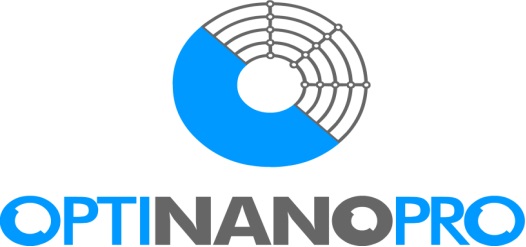
Nanocomposites have special properties and an array of potential applications. Nanomaterials can, for example, be used to reinforce polymers and reduce their permeability to gases and water vapor, to customize the properties of surfaces, and to introduce additional functionalities such as antimicrobial properties. The processing of nanomaterials on an industrial scale and safety aspects are the subject of intensive ongoing R&D work.
The OptiNanoPro project is evaluating a variety of approaches for introducing nanotechnology into production lines in the packaging, automotive, and solar energy sectors. The project will focus on the development and industrial integration of customized dispersion and monitoring systems for ensuring constant material quality.
In the packaging industry, nanomaterials are able to improve the barrier properties of bioplastics and modify surfaces such that food residues are "repelled", so allowing the complete emptying of packaging. This enables the amount of food waste to be reduced and improves the acceptance of packaging materials for recycling. The surfaces of solar modules have self-cleaning properties due to the use of nanotechnology and also protection against UV radiation. This results in improvements to the efficiency and operating life of the modules. In the automotive industry the weight of structural parts can be reduced by using nanocomposites, with a resulting lowering of fuel consumption.
In order to reach these goals, 15 partners from seven European countries are collaborating in the OptiNanoPro project. The partners come from industry and R&D organizations and cover the full value creation chains of the three target industries: packaging, automotive, and solar energy. The project work will also include consideration of economic and environmental aspects.
The tasks of the Fraunhofer IVV include the development of an appropriate process and formulation for coating packaging films. The aim is to reduce the permeability via the incorporation of nanoparticles. Other tasks of the Fraunhofer IVV are testing the permeation properties of the resulting films and evaluating the ability of packaging with modified surfaces to be fully emptied. For this work computer models will be developed to simulate the drying of the coatings and the transport mechanisms. This will assist the material and process development work.
 Fraunhofer Institute for Process Engineering and Packaging IVV
Fraunhofer Institute for Process Engineering and Packaging IVV